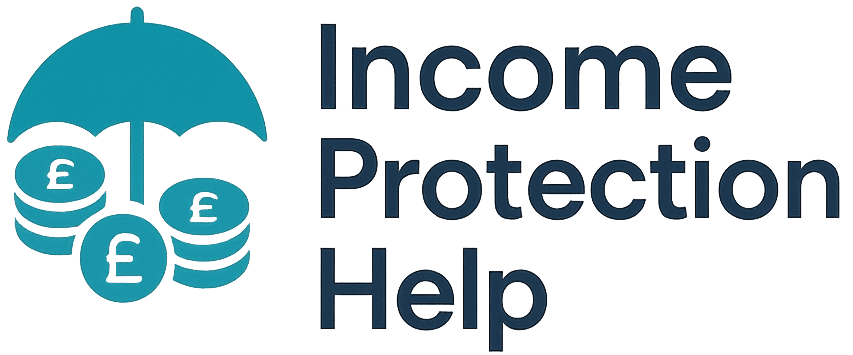Income protection vs life insurance
Income protection and life insurance are both designed to safeguard your finances, but they protect against very different risks. Life insurance provides financial support for your family or dependants if you die, while income protection replaces your income if you’re unable to work due to illness or injury. In other words, one protects your loved ones, and the other protects your livelihood.
When you might need life insurance
Life insurance is designed to provide a lump sum to your family or beneficiaries if you pass away during the policy term. This money can help pay off a mortgage, cover household bills, fund children’s education, or simply give financial breathing space at a difficult time. For limited company directors, a relevant life policy is often the most tax-efficient option — it allows the company to pay the premiums, usually qualifying as an allowable business expense with Corporation Tax relief, and there’s no benefit-in-kind charge for the insured person. It can be written in trust to ensure the payout goes directly to your chosen beneficiaries, outside your estate for Inheritance Tax purposes.
Some businesses also consider shareholder protection insurance, which provides funds to buy back shares from a deceased director’s estate. This helps maintain control of the company and ensures the family of the deceased director is compensated fairly.
When income protection is essential
Income protection provides a monthly replacement income if you’re unable to work because of illness or injury. It’s particularly important for company directors, self-employed professionals, and anyone whose earnings stop when they stop working. Even a few months off work can put significant pressure on both personal and business finances — and statutory sick pay is minimal, lasting only up to 28 weeks (GOV.UK – Statutory Sick Pay).
For directors, an executive income protection policy allows the company to fund the premiums and receive Corporation Tax relief, helping protect both the business and your personal income. If you’re a sole trader or freelancer, a personal plan achieves the same goal on an individual basis, with tax-free payouts during periods of incapacity. Learn more in income protection for contractors and freelancers.
Combining the two
Ideally, most business owners should consider having both forms of protection. Life insurance provides long-term security for your family if you die, ensuring they can maintain their standard of living and repay any debts. Income protection ensures you can continue meeting your financial commitments while you’re alive but unable to work.
Think of life insurance as protecting your family’s future, and income protection as protecting your present income. Together, they provide a more complete safety net for both you and those who depend on you.
If you’re unsure which policy structure fits best, speak to a qualified, FCA-regulated adviser. They can help you decide the right mix of cover, benefit levels, and tax treatment — whether that’s through a company-funded plan or a personal policy. You can also get a quote online to compare income protection options from leading UK providers.
